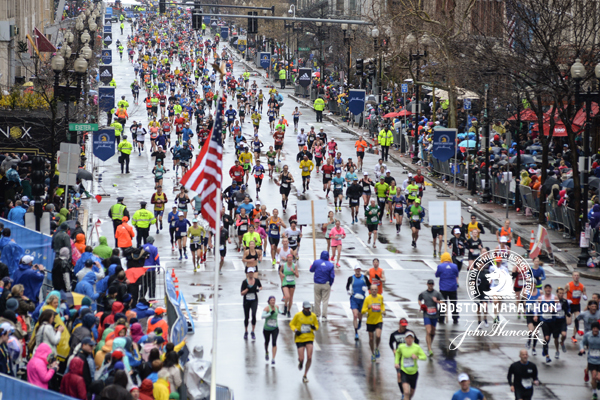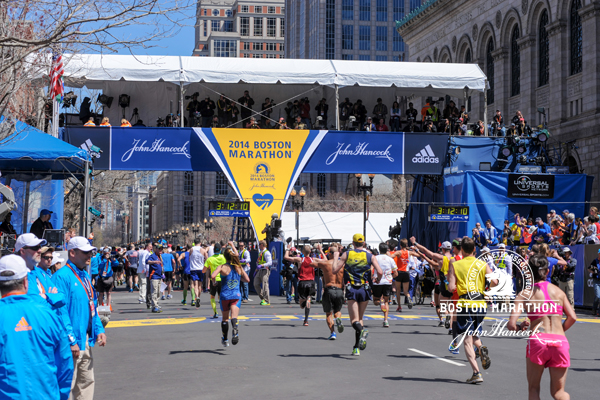What does it take to qualify for the Boston Marathon?
The Boston Qualifier Questionnaire offers some insight into what it takes to get the elusive BQ

Every year, marathon runners around the world attempt to qualify for a coveted spot on the Boston Marathon start line. Some manage to get a BQ in their first stab at the distance, while for others it takes multiple attempts and years of training. Curious as to why some runners get the BQ and others don’t, one runner (known only by his first name, Sean) decided to investigate. He created a project called the Boston Qualifier Questionnaire, or BQQ for short, where he asks runners who’ve qualified for Boston a series of questions to find out what separates them from the rest. Recently, he shared his findings from the last several years on the popular forum LetsRun.com, and while only a small number of runners have participated in the BQQ (375, to be exact), there were a few interesting trends in the answers.

RELATED: Running alone together: a virtual journey to the Boston Marathon
What does it take to qualify for Boston?
It is important to note that this questionnaire was not developed by a coach or expert in running science, nor was it sanctioned by the Boston Athletic Association. It is simply a collection of observations by one enthusiastic runner to learn what others have done in order to get to the Boston startline.
RELATED: Meet Rod Waterlow, the oldest Boston Marathon 2020 qualifier
The results revealed that on average, most of the respondents had been running for fewer than six years when they qualified for the first time, and at that point had run fewer than 10,000 miles (16,000K) total. In the year leading up to the race, almost all of them ran over one thousand miles (1,600K), but very few ran more than 2,500 miles (4,023K). The average Boston qualifier ran about 1,750 miles (2,816K) in the year leading up to the race (an average of 54K per week). It’s important to keep in mind that these results are only based on the small number of people who have filled out the questionnaire, and there are many people who qualify for Boston later in their running careers.
Of course, for most people, qualifying for Boston requires more than just putting in the mileage, and the questionnaire found that 84 per cent of respondents said speedwork played a role in helping them achieve their BQ. Interestingly, 64 per cent of participants said they did not run with a coach or club, nor did they use any form of cross-training in their program.
For those of you who didn’t take up running until adulthood and are concerned that this has set you back, the questionnaire results offer some encouragement: 63 per cent of respondents did not run in high school or college, proving that you don’t need a background in running to have success in the sport.

The takeaways
For the most part, the results of the BQQ offer little more than an interesting look at some of the similarities between runners who have qualified for the Boston Marathon. That being said, there are a few takeaways that you may want to apply to your training if you’re chasing a BQ:
- Mileage is important — very few of the respondents were low-mileage runners.
- Speedwork is also key if you want to bring down your marathon time.
- Most of the respondents qualified earlier in their running careers, so if Boston is your goal you may want to start working on it sooner rather than later. That being said, this result may be skewed based on the small number of people who have filled out the questionnaire.


